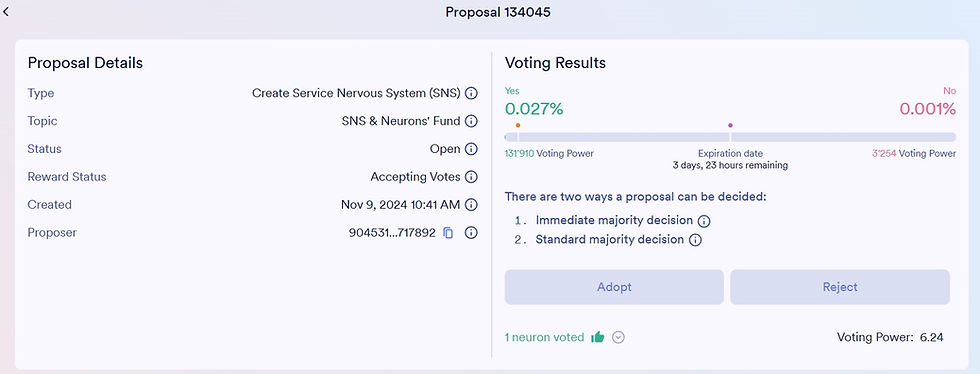The Impact of the Digital Economy on Real Estate, Debt, and Stocks: A Global Revolution
- EKOKE
- Jan 4
- 2 min read

Introduction
The digital economy is redefining the functioning of global markets, with tangible effects on key sectors such as real estate, debt, and stocks. Thanks to emerging technologies like blockchain, artificial intelligence, and digital platforms, these industries are experiencing unprecedented changes.
1. The Digital Economy in the Real Estate Sector
Digital platforms are simplifying the buying, selling, and renting of real estate, reducing transaction time and costs.
1.2 Tokenization of Real Estate Assets
Blockchain technology enables the division of real estate into digital tokens, making investments accessible even to small investors.
1.3 Real Estate Analytics
Through advanced data analysis, companies can predict market trends with greater accuracy.
2. The Digital Economy in the Debt Sector
2.1 Decentralized Finance (DeFi)
DeFi platforms are transforming the credit sector, enabling peer-to-peer lending without intermediaries.
2.2 Risk Assessment through AI
Artificial intelligence allows for a more precise assessment of credit risk, improving the efficiency of financial decisions.
2.3 Transaction Transparency
Digital technologies enhance transparency in debt contracts, reducing fraud and uncertainty.
3. The Digital Economy in the Stock Sector
3.1 Algorithmic Trading
Advanced algorithms enable faster and more precise trading operations.
3.2 Democratized Access to Markets
Online trading platforms have made stock investments accessible to a broader audience.
3.3 Blockchain for Stock Management
Blockchain technology ensures greater security and transparency in stock management.
Conclusion
The digital economy is redefining key sectors of the global economy. Real estate, debt, and stocks are becoming more accessible, transparent, and efficient thanks to technological innovation. Adapting to these changes will be essential to thrive in an increasingly digitalized world.
FAQ
1. What does it mean to tokenize a property? Tokenization is the process of representing a property as digital tokens on the blockchain.
2. How does DeFi work in the debt sector? DeFi allows for peer-to-peer lending without intermediaries using smart contracts.
3. What is algorithmic trading? Algorithmic trading uses advanced algorithms to execute financial market operations.
4. What are the benefits of AI in credit? Artificial intelligence improves credit risk assessment.
5. How does blockchain influence the stock market? Blockchain ensures greater security, transparency, and efficiency in stock transactions.




Comments